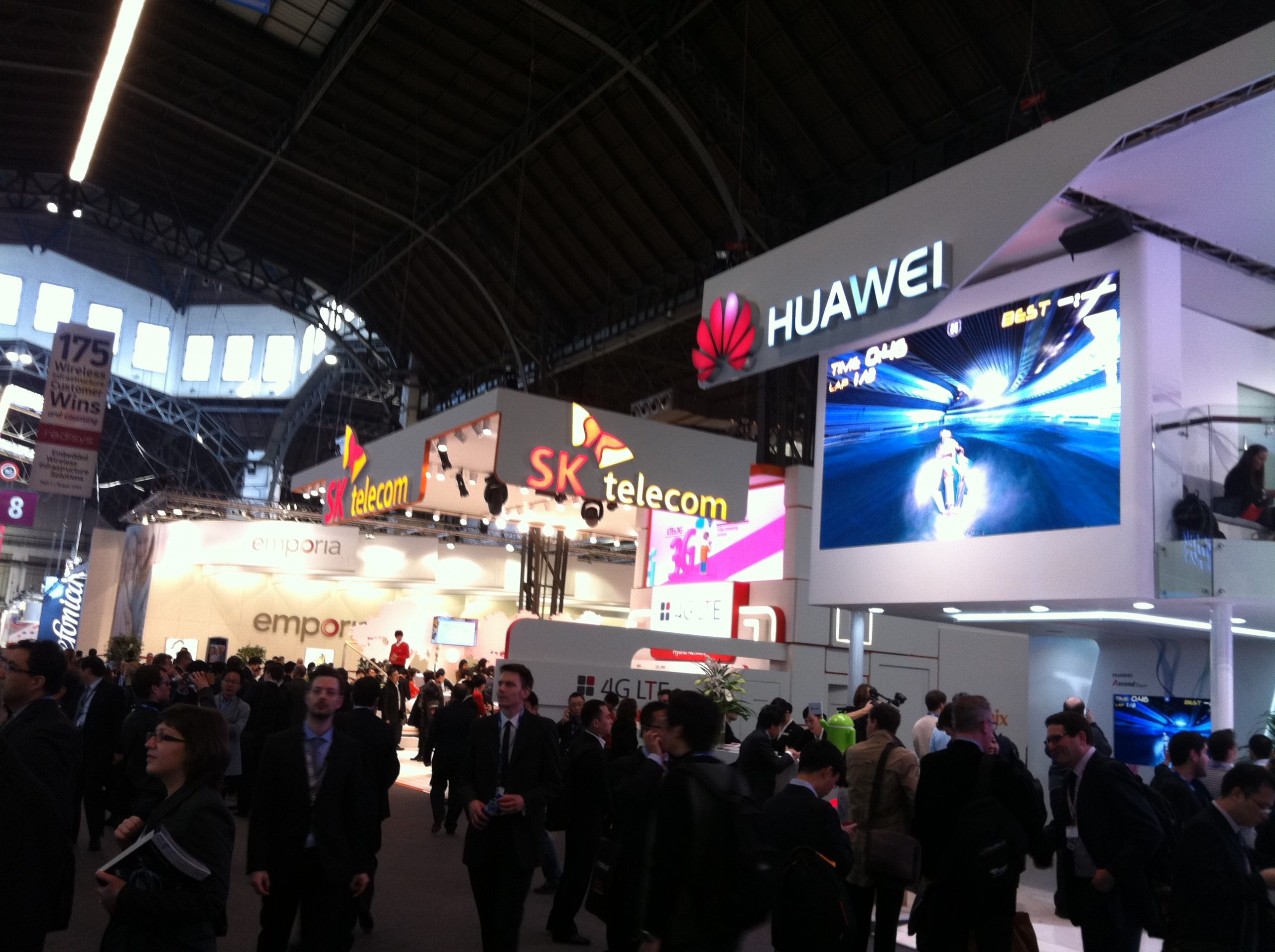Featured
Mobile World Congress canning sends shockwaves
The cancellation of Mobile World Congress forces industry to rethink strategies, writes ARTHUR GOLDSTUCK
Share
- Click to share on Twitter (Opens in new window)
- Click to share on Facebook (Opens in new window)
- Click to share on LinkedIn (Opens in new window)
- Click to email a link to a friend (Opens in new window)
- Click to share on Reddit (Opens in new window)
- Click to share on WhatsApp (Opens in new window)
- Click to share on Pinterest (Opens in new window)
With more than 100,000 attendees originally expected at MWC Barcelona, the cancellation will be a major blow for airlines across Europe, and the hospitality and tourism industry in Barcelona. Almost all hotels in the city are fully booked during the event, taxis are permanently busy, and most restaurants are full at night. Now, Barcelona may well resemble a ghost town, as the regular tourist trade would have been turned away by the lack of flights and accommodation – and it is both inappropriate and too late to market the city as a destination for that week.
For major brands who have to rethink launch strategies, marketing budgets will be strained, and launch campaigns could be set back by weeks or even months. This will put further constraints on a mobile industry already reeling from the impact of the coronavirus on manufacturing in China. Supply chains, shipping, and other logistics are also in disarray. Now add marketing to the list of casualties.
There is one big winner from the cancellation of MWC: Samsung, which launched its new range of mobile devices at a stand-alone event in San Francisco on Tuesday (link here). Samsung decoupled its annual Galaxy Unpacked event from MWC two years ago, after running it on the eve of MWC in Barcelona every year since the launch of the Galaxy S2 in 2011. The Galaxy S9 in 2018 was the last flagship Samsung phone to be launched at MWC.
A key reason for the decoupling, giving Samsung blanket coverage on launch day and pre-empting announcements by rivals, suddenly looks like a stroke of genius. The likes of Huawei, Sony, LG, Xiaomi, Nokia, Vivo, Oppo and OnePlus now all have to rely on online or delayed events for the launches planned this month. Apple never exhibits at industry expos, and keeps its iPhone launches to September, when it can unveil new devices in time for the holiday market.
Samsung does not have it all its own way, however. Its fiercest rival, aside from Apple, is Huawei, which also does not launch its flagship phones at MWC. While it was expected to launch the sequel to its Mate X foldable phone, that is not the device that will drive its market share.
Rather, Huawei is counting on the new P40 range to re-establish it as a technology leader, following Google pulling the plug on Android being included in the manufacturer’s devices. The launch is expected to take place at a stand-alone event in Paris in late March. Huawei was expected to showcase its own operating system, Horizon OS, during MWC, but will now probably do so in local events and combine it with the launch of the P40. It is also likely to include the new foldable device in that event.
The 6-week gap between the Samsung and Huawei flagship launches will also probably give the latter the chance to tweak the specs on its phones to be more competitive with the S20 range, which has pushed the boundaries of video and zoom technology.
Not that it’s all good news for Samsung. Despite moving Galaxy Unpacked from Barcelona, it still used MWC to launch its new tablet ranges. It will have to rethink that roll-out and marketing strategy.
Even for those who are unscathed in the immediate aftermath, the cancellation is bad news: it highlights the vulnerability of the industry as a whole to geopolitical events, and reduces the appeal of the sector to investors. If the coronavirus is not contained in the coming months, a mobile industry that is already relatively stagnant will experience a sharp decline.
- Arthur Goldstuck is founder of World Wide Worx and editor-in-chief of Gadget.co.za. Follow him on Twitter and Instagram on @art2gee
Share
- Click to share on Twitter (Opens in new window)
- Click to share on Facebook (Opens in new window)
- Click to share on LinkedIn (Opens in new window)
- Click to email a link to a friend (Opens in new window)
- Click to share on Reddit (Opens in new window)
- Click to share on WhatsApp (Opens in new window)
- Click to share on Pinterest (Opens in new window)
Pages: 1 2
| Thank you for Signing Up |

















